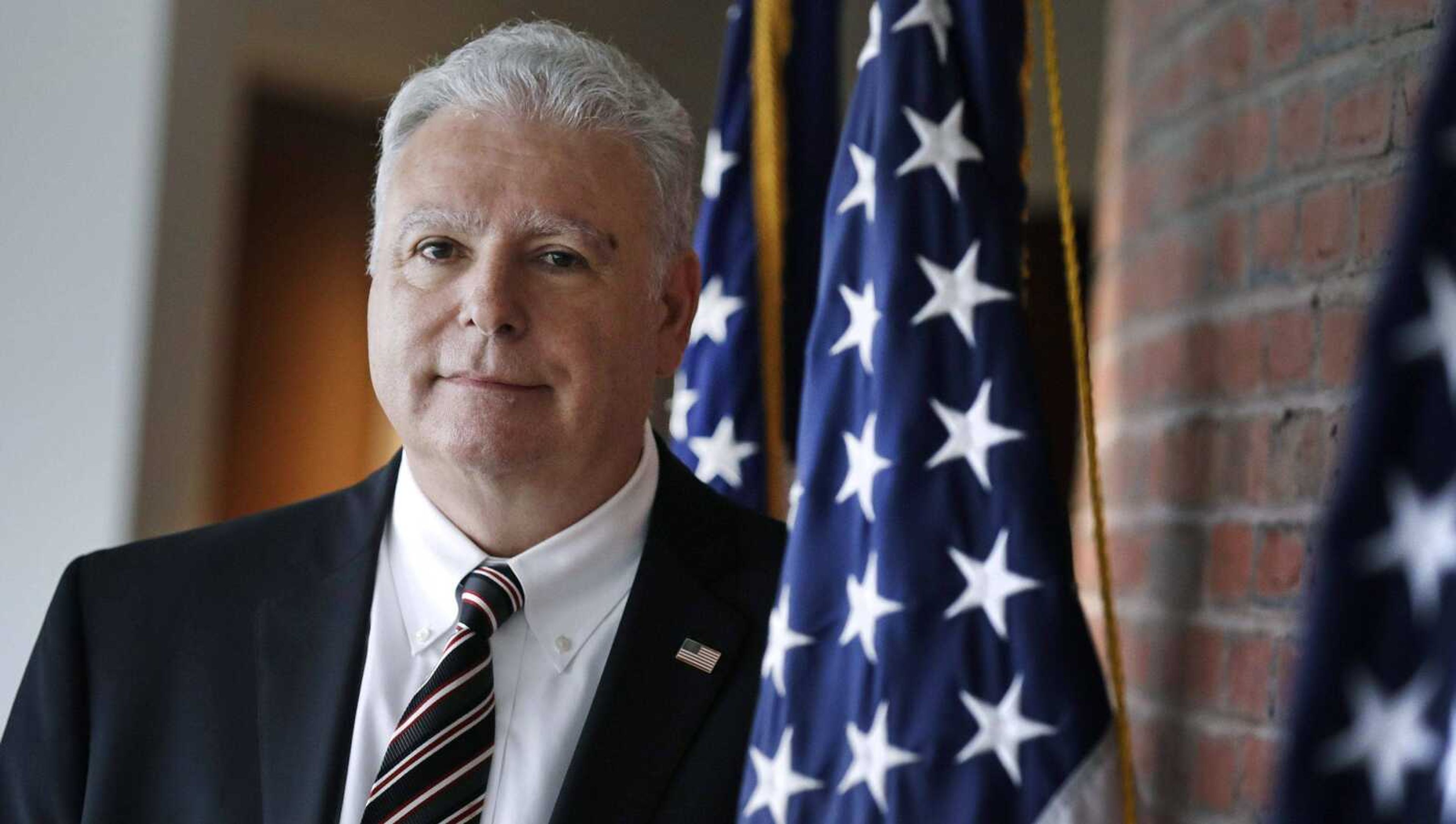'Dogged persistence' took down Mob
BOSTON -- Behind the convictions of Boston's most powerful mobsters over the past 30 years, there has been one constant: federal prosecutor Fred Wyshak. For the dauntless assistant U.S. attorney, last month's murder conviction of former New England Mafia Boss Francis "Cadillac Frank" Salemme likely closes the book on a lengthy saga exposing the FBI's overly cozy relationship with its gangster informants and decimated the region's organized-crime underworld...
BOSTON -- Behind the convictions of Boston's most powerful mobsters over the past 30 years, there has been one constant: federal prosecutor Fred Wyshak.
For the dauntless assistant U.S. attorney, last month's murder conviction of former New England Mafia Boss Francis "Cadillac Frank" Salemme likely closes the book on a lengthy saga exposing the FBI's overly cozy relationship with its gangster informants and decimated the region's organized-crime underworld.
"It has been, to some extent, dogged persistence to get where we needed to get to bring these organized crime groups to the end," Wyshak said in an interview with The Associated Press.
Wyshak, 65, arrived at Boston's U.S. attorney's office in 1989 after pursuing mobsters in New Jersey and was recruited by state police investigators to help do what no one else seemed willing to: go after notorious gangster James "Whitey" Bulger and his Winter Hill Gang.
It was Wyshak and his colleagues' impending racketeering indictment against Bulger, Salemme and Stephen "The Rifleman" Flemmi in 1995 causing Bulger to disappear for the next 16 years, thanks to a tip from corrupt FBI agent John Connolly.
Wyshak spent the next three decades securing convictions against Flemmi, Connolly and finally Bulger, who was captured in California at age 81 in 2011. All three men are likely to die behind bars.
And last month, Wyshak took down the last man standing from organized crime's heyday in Boston and its environs when a jury convicted 84-year-old Salemme, once the head of the New England family of La Cosa Nostra, of killing nightclub owner Steven DiSarro in 1993.
"He has steamrolled organized crime, the Italian and the Irish mob -- with help, but he was the centrifugal force," said Dick Lehr, a former Boston Globe reporter and co-author of "Black Mass," which inspired the movie with the same name. "Who knows if not for him what it would look like today, the landscape."
Many law enforcement officials who pursued mobsters alongside Wyshak in the 1990s have since retired or moved onto cushier jobs, including his longtime partner, Brian Kelly, who went into private practice after Bulger was sentenced to two life terms in 2013.
Wyshak, now head of the public corruption unit in the U.S. attorney's office, said he was determined to stay because he loved it.
That doesn't mean it was easy.
Wyshak's voice cracked with emotion and tears filled his eyes as he described threats against him requiring state troopers outside his house for weeks at a time or forcing him to park in the courthouse garage.
And his own neighbors eyed him skeptically when they heard his name in the same breath as mobsters and corrupt agents when Judge Mark Wolf held hearings in 1998 that revealed how the FBI protected Bulger and Flemmi, he said.
"People read the newspapers and don't really understand what's going on. All they know is that the FBI and the government is corrupt and they're in bed with these mob guys, and Fred Wyshak has the case and he must be in trouble, too," he said.
In the beginning, Wyshak had to fight not only mobsters, but also the FBI, which wanted to keep Bulger and Flemmi's role as informants under wraps, he said.
And hours of listening to mobsters matter-of-factly describe committing grisly murders as easily as others would talk about going to a baseball game takes a toll.
After Salemme's conviction in June, U.S. Attorney Andrew Lelling declared it the end of a "long and dark chapter" in Boston history.
But Wyshak is hesitant to say he's sure it's really the end. More remains are out there in secret graves, he said. And he thought the saga was over before, and was proven wrong.
"Unless we catch Whitey Bulger, this marks the end of what is really a sad chapter for federal law enforcement," Wyshak said in 2008 after Connolly was convicted of second-degree murder.
"It has been a long haul," he said at the time.
He had no idea.
Connect with the Southeast Missourian Newsroom:
For corrections to this story or other insights for the editor, click here. To submit a letter to the editor, click here. To learn about the Southeast Missourian’s AI Policy, click here.










